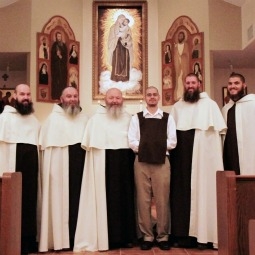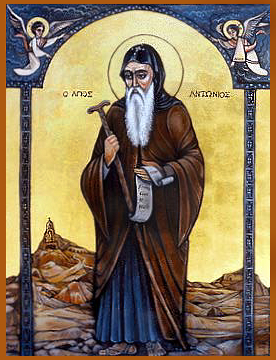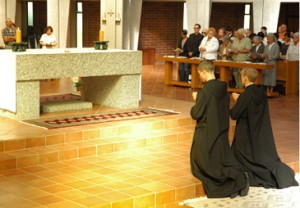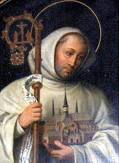
Last week the National Catholic Register published an article entitled “Surprising Revival for Men in Religious Life,” which the emergence of new religious communities for men despite the sharp overall decline in the number of men in consecrated life.
Michael Wick, the executive director of the Institute on Religious Life, was quoted at length in the article. He affirmed that there are many young men today who take religious life seriously and who joyfully accept the necessary sacrifices that are a part of it.
Wick addressed the popular misconception that religious brothers are men who are not smart enough to be priests: “Catholics tend not to have a problem with women religious, but when it comes to non-ordained men religious, they are a bit uncertain. What they might not realize is that a religious brother has just as legitimate a consecrated vocation by striving to be a brother to all.”
Wick sees the various thriving men’s communities as unique expressions of the Holy Spirit in the Church. “There are so many different charisms,” he said. “We have the older, more established orders, newer communities in the tradition of an older order, and then altogether new orders. There’s something for everyone, but a common thread among the communities doing well is their faithfulness to the Magisterium.”



 Tomorrow is the feast day of St. Bernard of Clairvaux (1090-1153), the great Cistercian monk. For many people, unfortunately, St. Bernard is merely a big, lovable breed of working dog. Even those of us with Catholic sensibilities might not know too much about him. Maybe we remember that he was devoted to Our Lady (which saint wasn’t?), and that he is believed to be the author of the prayer commonly known as the Memorare (”Remember, O most gracious Virgin Mary . . .”). But even that’s probably pushing it.
Tomorrow is the feast day of St. Bernard of Clairvaux (1090-1153), the great Cistercian monk. For many people, unfortunately, St. Bernard is merely a big, lovable breed of working dog. Even those of us with Catholic sensibilities might not know too much about him. Maybe we remember that he was devoted to Our Lady (which saint wasn’t?), and that he is believed to be the author of the prayer commonly known as the Memorare (”Remember, O most gracious Virgin Mary . . .”). But even that’s probably pushing it.